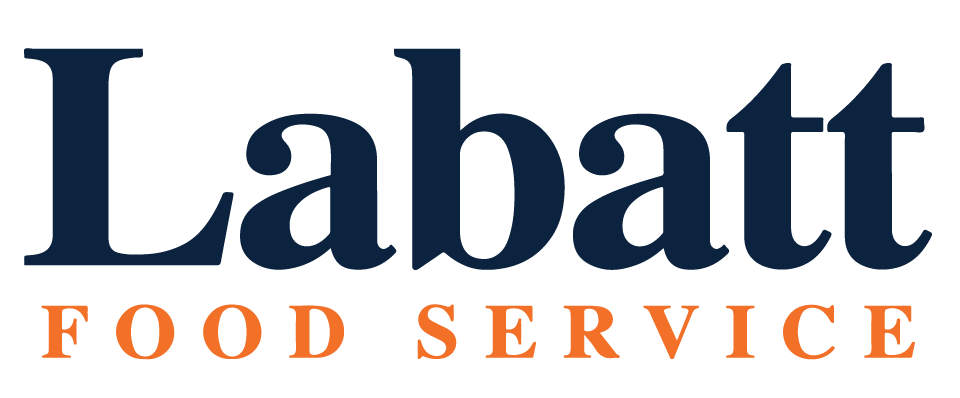A Year to Rebuild
November 1987
Blair Labatt, Jr.
This is a rebuilding year. The Cowboys are slated for the cellar, and the old Top 50 is gone forever.
I write to the independents—not exactly the same thing as preaching to the converted, since so many of them are folding their tents, as if not convinced of their own future. To be sure, things as we have known them are under question. But the real question ought to be how to respond, how to rebuild?
The future of independent distribution is with strong individual companies—companies determined to be long-term players and prepared to take the necessary steps to survive.
Ours is a service business, and service cannot be mass-produced. For a company to become strong all its people must become not just salesmen, or buyers, or programmers, but businessmen. Every single one needs to help initiate ever stronger systems for producing service excellence. Every single one needs to live by the P & L, to be a manager of his company’s assets, to think hard about how to build his customer’s balance sheet.
Wherever companies are determined enough to bring together clusters of such people, and to create the systems and disciplines to permit them to operate at their most productive, something new can be built.
We need to know where these groups of people are forming. Companies like these have a real responsibility to find and to nurture each other. When they do, we will have networks of good companies, and the rebuilding process can become even faster.
The great Constitution itself, whose Bicentennial we are celebrating, is an innovation in networking born out of the stresses and strains of its time. There, however, the analogy to our own situation ends. Some parties might want to see independents volunteer to be controlled by authoritarian purchasing groups. But the innovation required for the foodservice industry is not a strong central government.
Strong individual companies have always been the basis for networking as we have known it in our industry. Without strong members to set the standard for purchasing, a buying group might as well be described as a group of chickens graciously gathered into a henhouse where they can be conveniently plucked. But the traditional forms of networking have not gotten companies close enough to help each other in areas more fundamental than replenishment buying.
At our company we decided to make our data processing system available to selected other distributors around the country. Since our system embodies all our thinking and experience, this commits us to a major ongoing consultative relationship with other companies. If we are to do this, we must feel confident that we are joining forces with a company which has the commitment and ability to be a player. But the benefit is great. Helping another company grow is helping the rebuilding process for independents in general. Sharing the most intimate systems means that the two companies both become stronger, addressing common problems with the best thinking of both.
In other industries today the merger mania is even now balanced by a counterwave of divestitures and new entrepreneurial companies. We independents in foodservice distribution need to take the future into our own hands. We have to learn not to be negligible. We have to find innovative ways of networking without consolidating. We have to do more than put trust in the high virtue of our own cause. Someone once said that the trick is to trust in fate without depending on it.
Let us resolve to be better manned and managed than the competition. Let us view this trend of acquisition not as a force of nature but as a rather unsatisfactory solution to generational change. And let us build up a true second generation of foodservice distribution companies.
